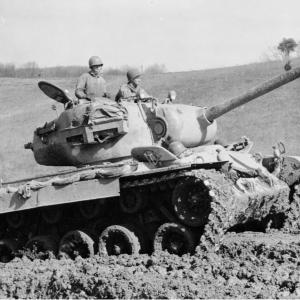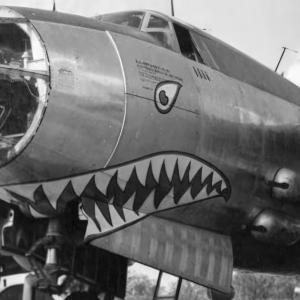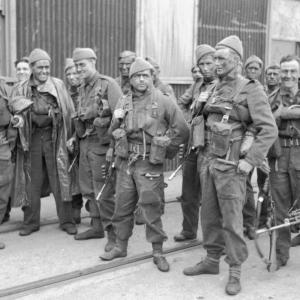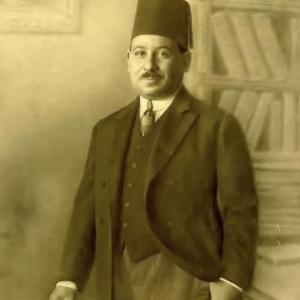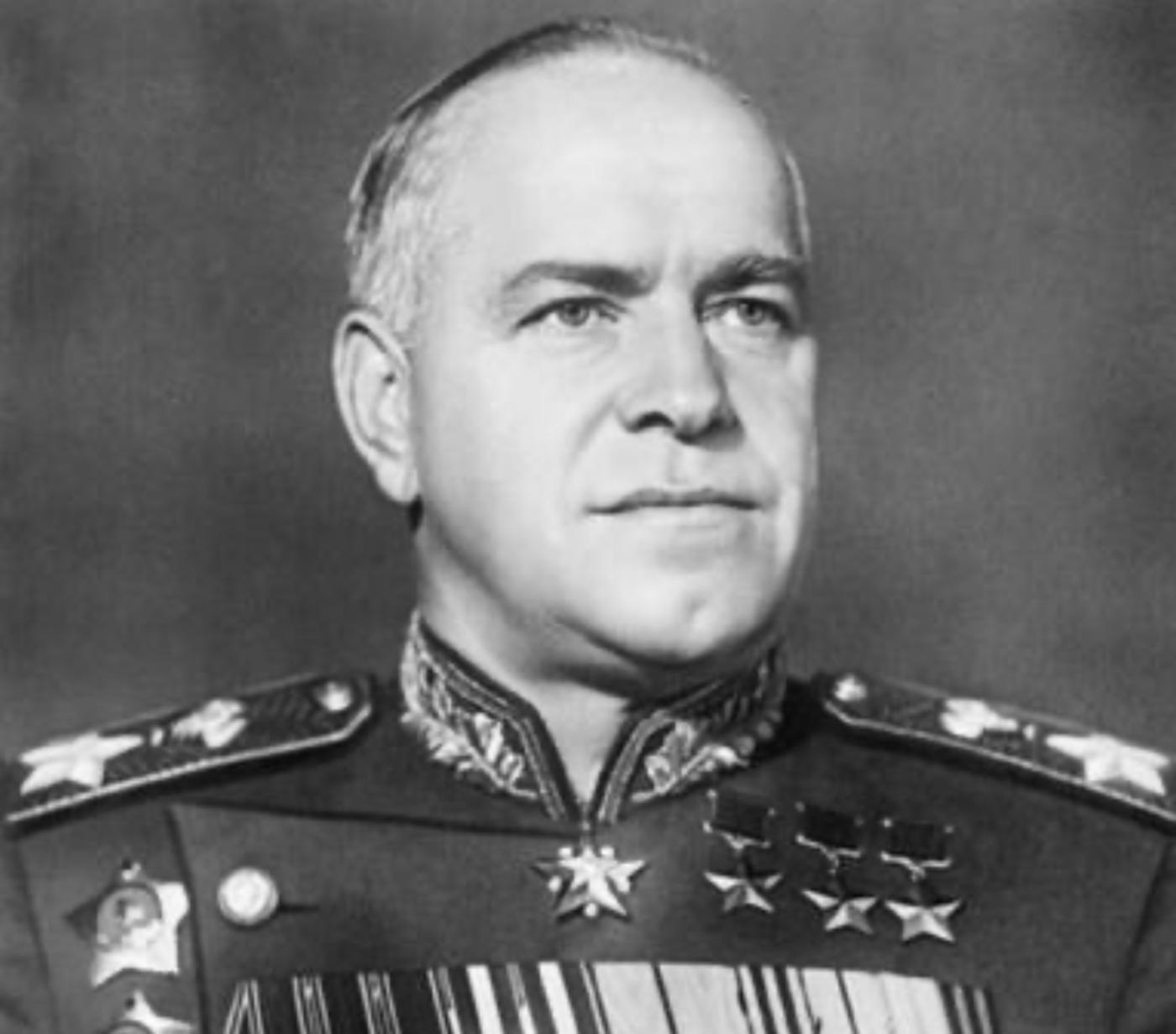
George Zhukov
Georgy Zhukov was one of the most prominent Soviet military commanders of the Second World War, rising to international prominence for his decisive role in orchestrating the Red Army’s final assault on Nazi Germany. Born in 1896 into a peasant family in Kaluga Province, Zhukov joined the Imperial Russian Army during World War I and later sided with the Bolsheviks in the Russian Civil War. His military acumen and organizational skill saw him rise steadily through the ranks, and by the time Germany invaded the Soviet Union in 1941, Zhukov was already recognized as a capable and unyielding leader. He played a crucial role in the defense of Moscow, the counteroffensive at Stalingrad, and the massive encirclement of German forces at Kursk. However, it was in the final months of the war, during the storming of Berlin in the spring of 1945, that Zhukov's leadership reached its apex.
The Battle of Berlin was one of the largest and bloodiest battles in modern history, and Zhukov, as commander of the 1st Belorussian Front, bore the central responsibility for breaching the heavily fortified German capital. Working alongside Marshal Ivan Konev, who commanded the 1st Ukrainian Front, Zhukov coordinated an enormous pincer movement aimed at surrounding and crushing the remnants of Hitler's forces. Stalin, obsessed with the symbolic value of capturing Berlin, pressured both marshals to reach the city first, creating a competitive tension that pushed the Soviet commanders to drive their armies forward with relentless speed and ferocity. In April 1945, Zhukov launched a massive artillery bombardment followed by a frontal assault across the Oder River. His forces encountered fierce resistance at the Seelow Heights, where entrenched German units delayed the Soviet advance at heavy cost. Zhukov, undeterred by casualties, pressed the attack with wave after wave of infantry and armor, eventually breaking through the German lines and clearing the path to Berlin.
Once inside the city, Soviet troops engaged in brutal street-by-street fighting, facing snipers, mines, and fanatical resistance from Hitler Youth and SS divisions. Zhukov directed operations from a command post outside the city, issuing orders to encircle key districts and systematically reduce pockets of resistance. His strategy relied on overwhelming firepower and mobility, as well as the calculated encirclement of German strongholds to avoid unnecessary losses. By the end of April, Soviet forces had closed in on the Reichstag, and on May 2, 1945, Berlin finally surrendered. Zhukov personally accepted the German capitulation in Berlin and later signed the formal act of surrender in Karlshorst, sealing the Allied victory in Europe.
Zhukov’s triumph in Berlin cemented his legacy as the most celebrated Soviet general of the war. His leadership was characterized by ruthlessness, strategic clarity, and an unshakable commitment to victory, often at enormous human cost. Despite his military success, Zhukov’s growing popularity and independent stature made Stalin uneasy, and he was soon sidelined from key positions. Nevertheless, his achievements remained etched in Soviet memory, and after Stalin’s death, Zhukov returned briefly to prominence, eventually becoming Minister of Defense under Khrushchev. He died in 1974, but his name endures as a symbol of Soviet resilience and military might, forever linked to the Red Army’s most decisive and symbolic triumph: the fall of Berlin.

